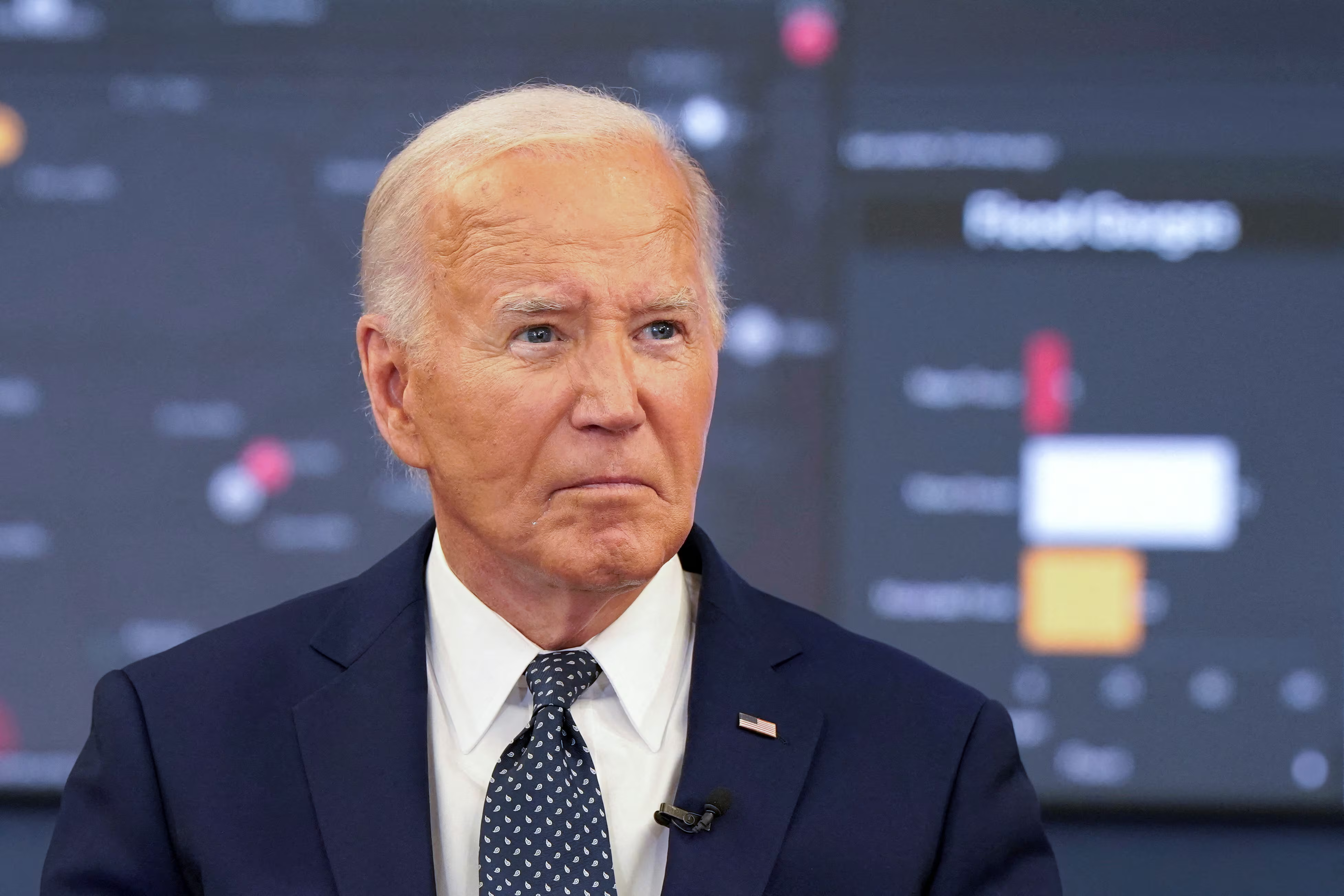By Nick Neville
BU News Service
WASHINGTON — Judge Neil Gorsuch, U.S. Supreme Court Justice nominee, declined to comment on a number of topics, including abortion, gun rights and campaign finance reform.
On Tuesday, Sen. Patrick Leahy, Democrat of Vermont, pressed Gorsuch regarding President Trump’s travel ban, but Gorsuch would not budge. He noted that the issue is currently being litigated in court and thus it would be imprudent for him to comment further. When Leahy asked more broadly about the constitutionality of religious tests, Gorsuch responded by saying, “I will apply the law faithfully.”
Sen. Dick Durbin, Democrat of Illinois, was among those frustrated by Gorsuch’s response to this particular matter. When asked if he was satisfied, Durbin responded, “No, but I’m not gonna be satisfied because he’s not gonna answer it.”
In an attempt to convince the nation that he would be a fair-minded justice and prove he is not beholden to President Trump or any special interest, Gorsuch reiterated his private criticism of the president’s attacks on judges who had ruled against the administration. He said that he would have no trouble ruling against President Trump if the law required it.
“When anyone criticizes the honesty or integrity or motives of a federal judge, I find that disheartening and demoralizing,” Gorsuch said.
Sen. Richard Blumenthal, Democrat of Connecticut, pressed Gorsuch on this vagueness of this statement, to which Gorsuch responded, “Anyone is anyone.”
Embroiled in a week-long confirmation hearing before the Senate Judiciary Committee, the fate of Supreme Court nominee Neil Gorsuch may rest in the hands of Democratic senators who are torn whether to play politics in a hyper-polarized era.
While Gorsuch’s judicial leanings have been the focus of his confirmation hearing this week, much of the Democratic opposition to the 49-year old judge stems from other places. Some Democrats consider Gorsuch to be an invalid nominee, citing Republican opposition to President Obama’s Supreme Court nominee, Merrick Garland, who never received a hearing last year.
“It’s hard not to remain deeply frustrated and upset about the, what I would argue, theft of this seat,” Sen. Chris Coons, who sits on the Judiciary Committee, said. “But I think our challenge if we’re gonna try and elevate our deliberations at all is to move past it and look at this nominee on his merits.”
By most accounts polite, pleasant and without skeletons in his closet, Gorsuch has been on a charm offensive since President Trump nominated him in a nationally-televised event on January 31. And the Denver appeals court judge has emanated this aura throughout the week on Capitol Hill, with plenty of “goshes” and “gollys” to go around.
He has consistently sidestepped Democratic efforts throughout the hearing process to reveal how he would vote on specific cases, which follows a long-standing tradition for Supreme Court nominees. Supreme Court Justice Ruth Bader Ginsburg famously avoided answering questions regarding the constitutionality of certain issues during her confirmation hearing in 1993. The Judicial Crisis Network, a conservative political campaign organization, reminded the public of this in a highly-politicized ad released on Monday.
“They’re doing exactly what they said they were going to do and I think they’re coming up short when they’re trying to get views on specific cases and he can’t answer that because it would be pre-judging and he wants to be independent,” Sen. Chuck Grassley, chairman of the Judiciary Committee, told reporters on Tuesday. “He’s following the Ginsburg rules very carefully – Ginsburg’s standards – and I think that’s what people ought to do. He’s doing very well I think.”
While Republicans are saying that Gorsuch has applied the law to facts in every case without personal opinion or politics, Democrats are pointing to a number of cases where they believe Gorsuch expressed an interest in corporations over individual plaintiffs. When pressed by Sen. Dianne Feinstein, the ranking Democrat on the committee, Gorsuch responded by saying, “I’m a fair judge.”





